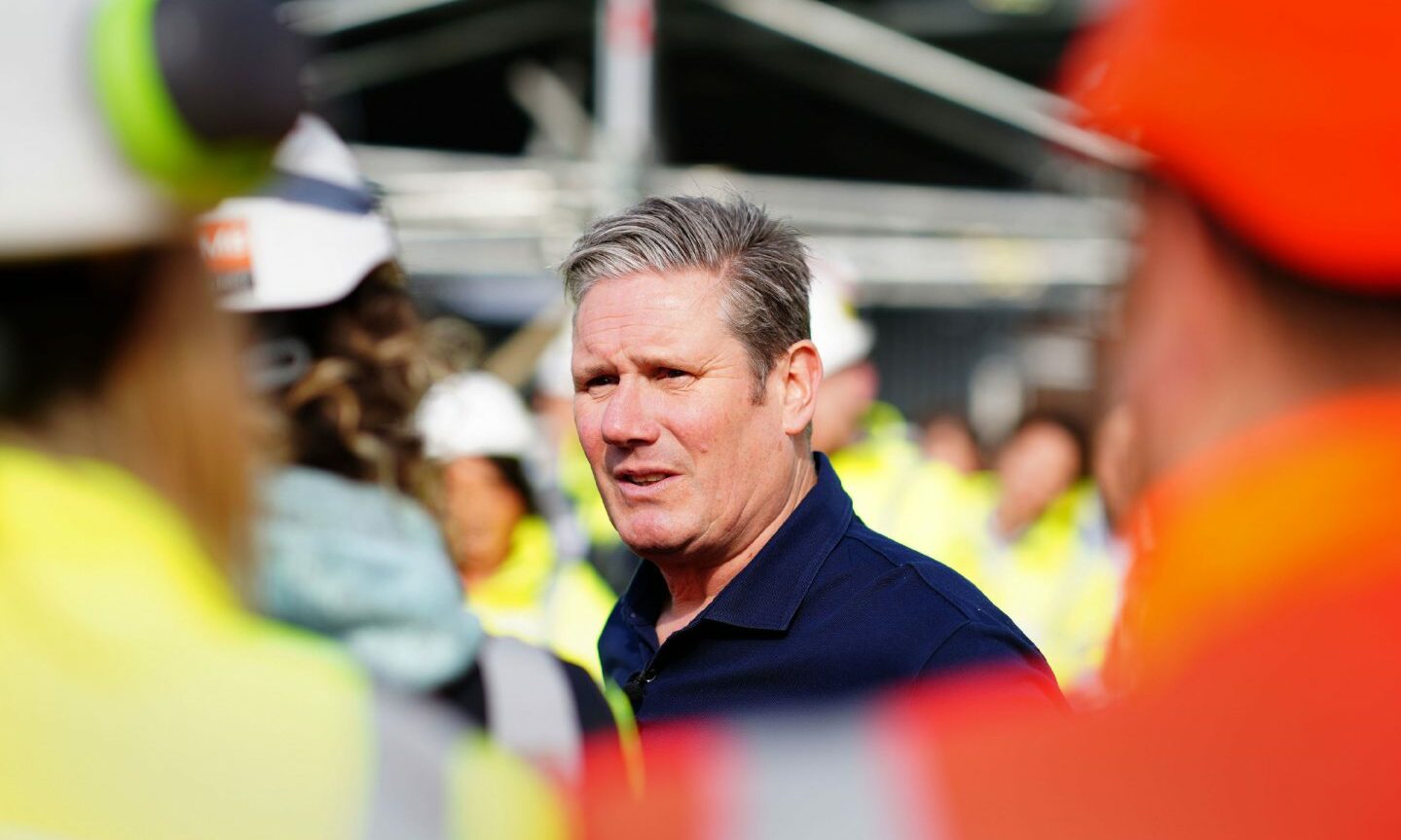When Margaret Thatcher went to war with the miners, back in 1984, she laid waste to large swathes of the country and left local economies devastated.
If you go to the former coalfields, the effect of that total disregard for workers and their communities can be seen and felt to this day.
I’ve got a personal axe to grind here. Members of my family worked in the Durham coalfield. My great uncle James died after a mining accident in which he broke his back.
Those were our communities that were stripped bare and cast aside. So, politicians of every persuasion will forgive me if I’m slow to trust loose talk about “just transitions” away from oil and gas without any detailed plans for jobs.
Put simply: the transition to net zero will only work if we put jobs at its very heart. And repeatedly claiming that there will be new green jobs is not enough.
Nobody seems to know what these green jobs will be. Does somebody delivering pizza for minimum wage on an electric scooter have a green job? We need good, well-paid roles with proper terms and conditions.

This is why I put Keir Starmer on notice when he said a future Labour government would not issue further exploration licences in the North Sea. You simply cannot say that and offset people’s concerns – our concerns – with some vague reference to job creation.
We need the detail: the what, when, where and the how. We won’t tolerate the devastation of whole communities, with “leap of faith” promises from Westminster all over again.
We are not going to let the oil and gas sectors suffer the equivalent of the coal closures, which broke the back of mining towns across the UK, turning thriving communities into places where the generations have been left without hope. Our Unite workers are not going to be the miners of net zero.
Currently, there are 30,000 offshore jobs, and seven or eight times that amount in the vast supply chain. We need a plan that puts workers at the heart of the programme for net zero, not consideration as an afterthought.
At Unite, we are doing the work on our plan right now. We will have the facts to hand for what needs to be done, and we will not accept promises of jam tomorrow.
We need to face up to the climate crisis and save jobs
Believe me, I know we need to face up to the climate crisis. We need to transition to renewable energy. But we wouldn’t help ourselves or the earth if we end up buying what oil we need from tyrannical regimes with horrible human rights records, dreadful labour exploitation and disastrous environmental policies.
We cannot abandon fossil fuels until we know how we will replace them, and how the jobs and communities from the North Sea fields will be protected.
If there is to be a just transition, massive investment will be needed. Unite Investigates – the union’s new investigative research arm – has recently drawn comparisons between Germany and the UK on the green deal for net zero.
Germany has created a German Investment Bank to fund its journey to net zero. The bank can draw on funds which amount to 15% of German GDP. If the UK were to create a similar facility here, its capital for net zero restructuring would amount to £330 billion.
Keir Starmer has talked about Britain becoming a world leader in getting to net zero. Thirteen years of Tory failure, and it’s no surprise we are way behind the curve on that. Will Labour’s pledge of green prosperity on an planned investment of £28 billion a year, for the five years of a Labour government, be enough to get us there?
The UK Government’s current Infrastructure Bank is almost 150 times smaller than the German version. We will need to be much bolder to succeed. But you could be excused for thinking that very few of the politicians in Britain’s parliamentary bubble seem have a clue about the scale of ambition needed for net zero and the just transition.
Labour has to face up to the necessity of nationalising
Let’s consider a case study in Britain’s energy system – the privatised National Grid. This is the system which takes in electricity generated by other agencies and transmits it to distribution companies across the land. Recently, both The Economist and Financial Times have had major investigations exposing the failings of the current National Grid.
The FT noted: “Right now a huge bottleneck is emerging – grid operators are overwhelmed by the sheer volume of projects requesting a connection”. The Economist wrote: “A supplier asking for a grid connection today can expect to be offered one sometime between 2030 and 2038”.
Last year, the privatised National Grid’s profits rose by 13% to £4.6 billion
So, we are generating electricity in offshore renewables but the providers cannot get plugged in. You couldn’t make it up.
Last year, the privatised National Grid’s profits rose by 13% to £4.6 billion. In the last five years, the business paid out £9 billion, in dividends and buy-outs, to its shareholders, including private equity giants Blackrock and the Abu Dhabi Investment Bank.
Sooner or later, a Labour government will have to face up to the necessity of nationalising the energy sector and stop the profiteering looting of our national assets.
In the meantime, there can be a thousand grandiose plans for a fossil-free future and a just transition put forward at a thousand conferences. Without a detailed plan, with workers and communities at its heart, the warm words count for nothing.
Sharon Graham is general secretary of trade union Unite

